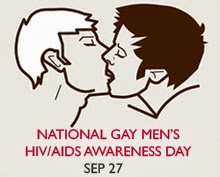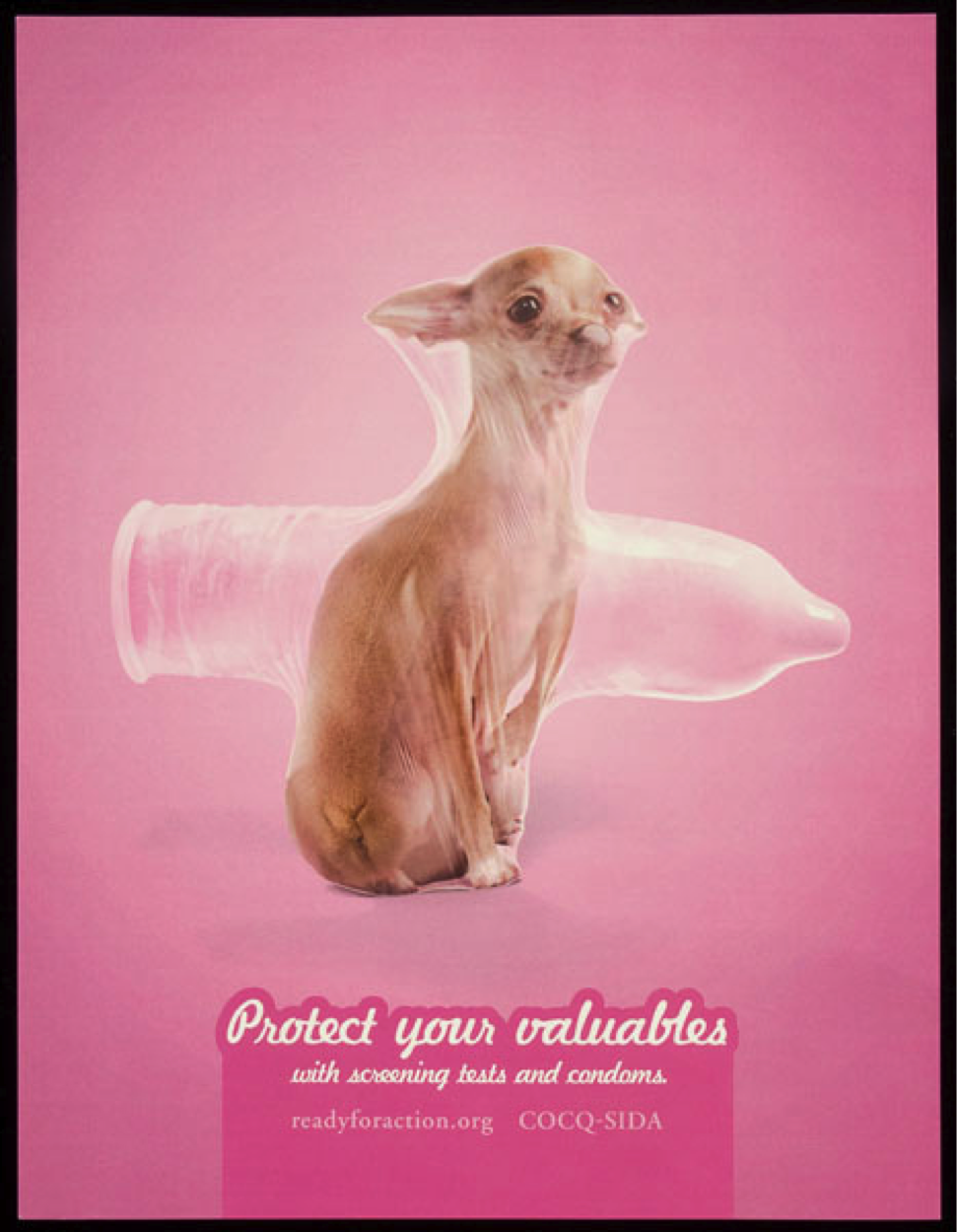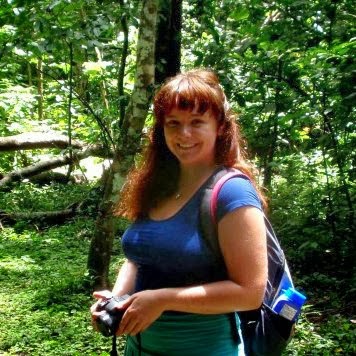Special Thanks to Daniel Bauer for sharing his work with the Stigma Action Network,
in celebration of National Gay Men's HIV/AIDS Awareness Day.
To view the original blog entry, click here.
As a very out and proud gay man and 10 year warrior living with HIV/AIDS, I stand tall in an effort to bring a greater awareness to this year's National Gay Men's HIV/AIDS Awareness Day on September 27, 2012.

This morning I was searching the internet to see how this year's awareness day is shaping up; and to find elements of hope that would not only inspire me but also lend a voice to a call to action. In my search, I came across the following powerful statement by Frank J. Oldham Jr., President and CEO of the National Association of People with AIDS. I believe he sums up what I is a very necessary call to action as a gay man - a call to action I feel I must embrace and put into motion. In his words, I share this with you:
"We have a responsibility. To the quarter-million brothers and lovers we have buried. To the allies who have supported our fight for treatment access and civil rights. To ourselves.
We have a responsibility – to know our own status. Every gay man who is active with multiple partners (or thinks his partner may be) needs to get tested every three months.
We have a responsibility – to know how to protect ourselves and others. We’re excited about the potential of treatment-as-prevention and PrEP, but we all still need to keep our condoms handy.
We have a responsibility – to be as open as we can be about being HIV-positive. Sometimes disclosure isn’t safe, and safety comes first – but our brothers need to know they know people just like them who are living with the virus. And any new partner needs to know our status before the clothes come off.
We have a responsibility – to demand access to healthcare for ourselves and for all Americans. It’s not just a human right, it’s common sense. It costs the public sector more to ignore epidemic than to deal with it, and we need our elected officials to know we know that.
We have a responsibility – to demand to be treated as “normal.” We are normal. We should insist on marriage because it’s our right, and because it forces our neighbors to reconsider the homophobia that gave the HIV epidemic its opportunity to explode in the gay community and move on from there.
We have a responsibility – to love. Last year on National Gay Men's HIV/AIDS Awareness Day, we gave a Positive Leadership Award, NAPWA's highest honor, to Alvin Collins and John Sullivan. Alvin had been one of the unlucky few who, despite the best modern treatment for HIV, don't do well. John stuck to Alvin through thick and thin – and Alvin stuck to John. Alvin died this Spring. We have a responsibility to honor that love.
We have a responsibility. We changed the world in the eighties, insisting on treatment and research when Washington didn’t want to hear us. Today we have the medical and behavioral prevention tools we need to make new HIV infections a thing of the past. We insisted then. We can do it again."
So on this day - I will embrace these words and calls to action above! I hope you too will join and follow me!
I am Daniel and I am living pozitively! Thank you for following my blog!


















